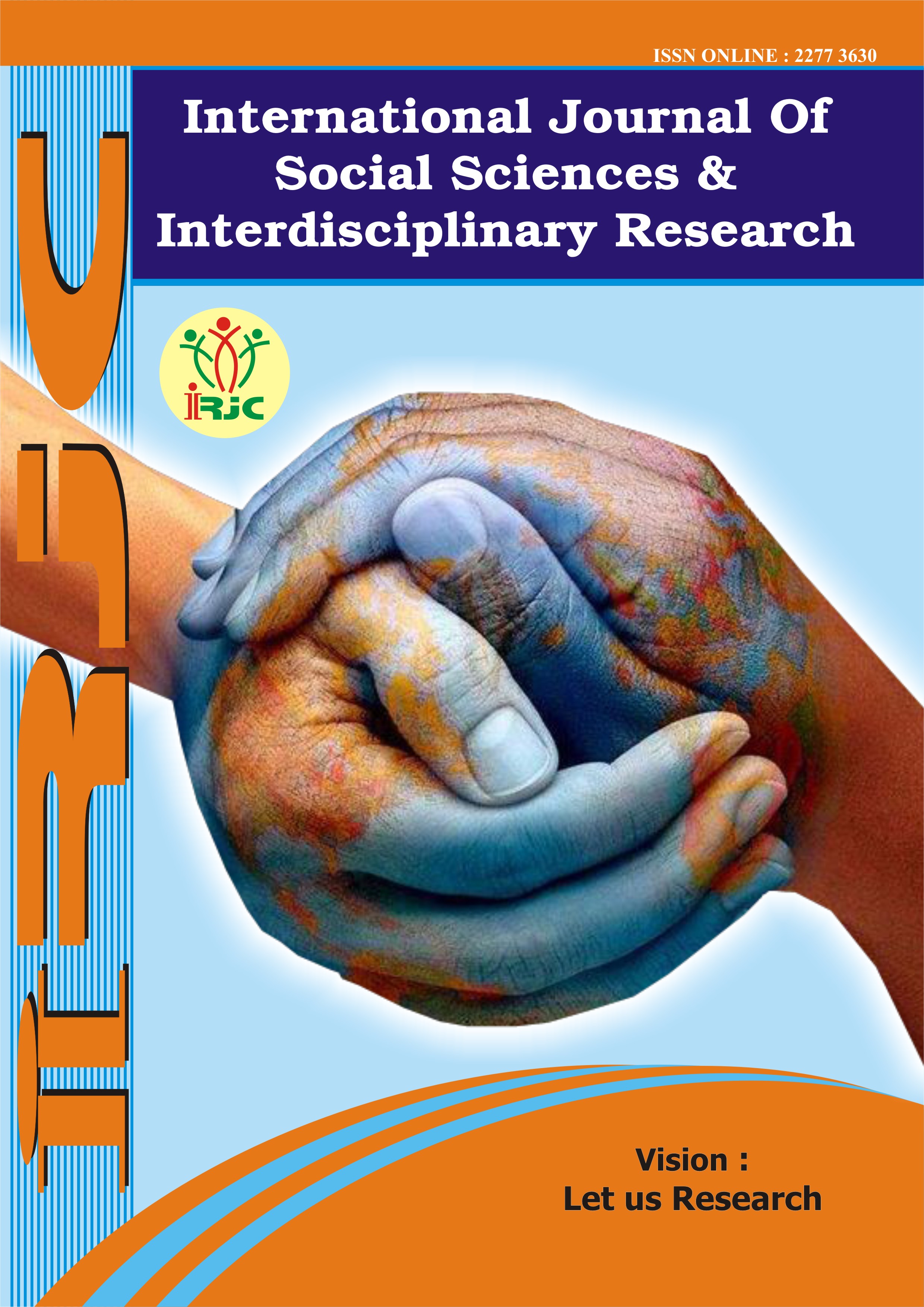SCIENTIFIC AND THEORETICAL FOUNDATIONS OF INNOVATIVE MANAGEMENT OF THE GREEN ECONOMY
Keywords:
Green economy, innovative management, sustainable development, eco-innovation, circular economy, environmental strategy, resource efficiency.Abstract
This article explores the scientific and theoretical foundations of innovative management within the green economy framework. As the global community seeks sustainable solutions to environmental degradation and resource depletion, the integration of innovation into economic management becomes vital. The paper discusses the principles of green economy, the role of innovation in sustainable development, and theoretical models that support the transition towards eco-friendly economic systems. It also outlines strategic recommendations for policy-makers and businesses to implement innovative management practices that align with environmental goals.
References
Barbier, E. B. (2011). The policy challenges for green economy and sustainable economic development. Natural Resources Forum, 35(3), 233–245. https://doi.org/10.1111/j.1477-8947.2011.01397.x
Daly, H. E., & Farley, J. (2004). Ecological Economics: Principles and Applications. Washington, DC: Island Press.
Elkington, J. (1997). Cannibals with Forks: The Triple Bottom Line of 21st Century Business. Oxford: Capstone.
Freeman, C., & Soete, L. (1997). The Economics of Industrial Innovation (3rd ed.). London: Pinter.
Horbach, J., Rammer, C., & Rennings, K. (2012). Determinants of eco-innovations by type of environmental impact — The role of regulatory push/pull, technology push and market pull. Ecological Economics, 78, 112–122.
Kogut, B., & Zander, U. (2003). A Memoir and Reflection: Knowledge and an Evolutionary Theory of the Multinational Firm 10 Years Later. Journal of International Business Studies, 34(6), 505–515.
North, D. C. (1990). Institutions, Institutional Change and Economic Performance. Cambridge: Cambridge University Press.
OECD. (2019). Digital Innovation: Seizing Policy Opportunities. OECD Publishing. https://doi.org/10.1787/a298dc87-en
Pearce, D., Markandya, A., & Barbier, E. (1989). Blueprint for a Green Economy. London: Earthscan.
Porter, M. E., & van der Linde, C. (1995). Toward a new conception of the environment-competitiveness relationship. Journal of Economic Perspectives, 9(4), 97–118.
Rennings, K. (2000). Redefining innovation — eco-innovation research and the contribution from ecological economics. Ecological Economics, 32(2), 319–332.
UNEP. (2011). Towards a Green Economy: Pathways to Sustainable Development and Poverty Eradication. United Nations Environment Programme. https://www.unep.org/resources/report/towards-green-economy
United Nations. (2015). Transforming Our World: The 2030 Agenda for Sustainable Development. https://sdgs.un.org/2030agenda
World Bank. (2012). Inclusive Green Growth: The Pathway to Sustainable Development. Washington, DC: World Bank Publications.
Schumpeter, J. A. (1942). Capitalism, Socialism and Democracy. New York: Harper & Brothers.
Wüstenhagen, R., & Boehnke, J. (2008). Business models for sustainable energy. In: Innovation for Sustainability (pp. 25–48). Springer.
Downloads
Published
How to Cite
Issue
Section
License
Copyright (c) 2025 GEJournals

This work is licensed under a Creative Commons Attribution-NonCommercial-NoDerivatives 4.0 International License.





